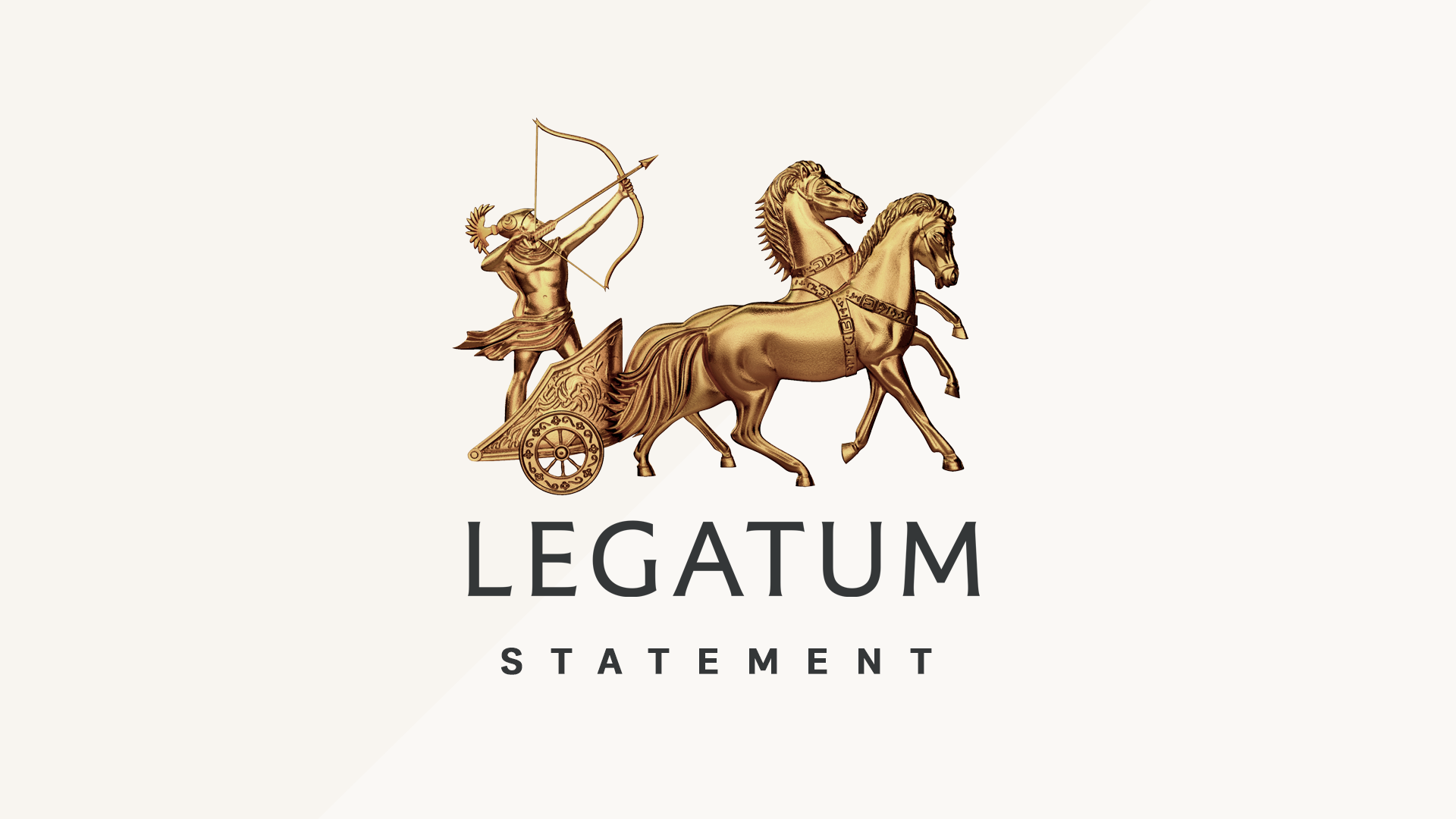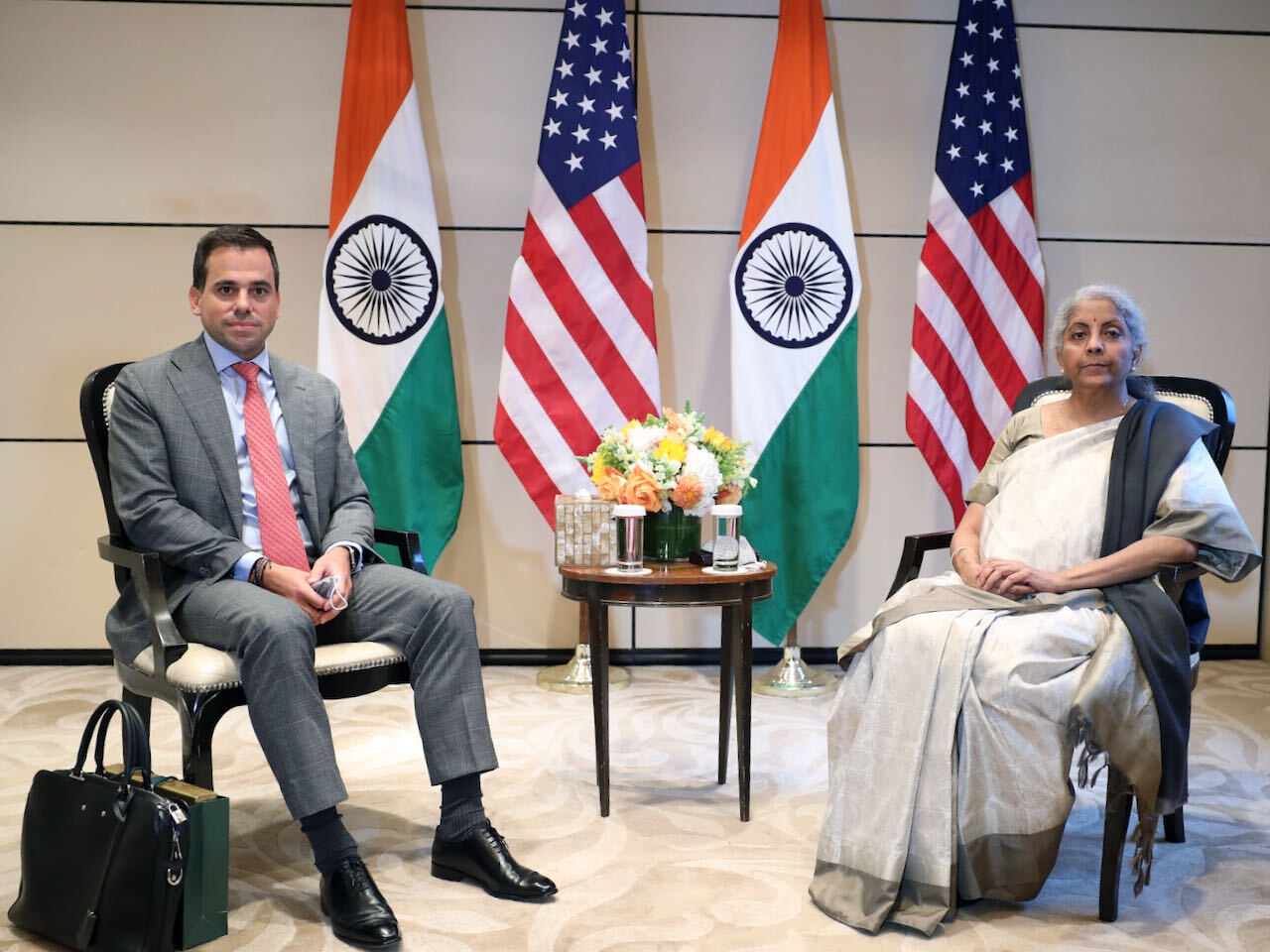Principles before profit is a term not often associated with the investment community. For Dubai-based Legatum Group, a privately owned firm that manages billions of dollars in assets, creating wealth through value investing gives it the freedom to pursue a philanthropic agenda.
Since 1999, Legatum has allocated over $80 million to 1,440 projects in 107 countries. It launched the END Fund in 2011, the world’s first private philanthropic initiative to combat the five most common neglected tropical diseases (NTD) that, together, cause up to 90% of the NTD burden in sub-Saharan Africa. And last year Legatum partnered with two leading anti-slavery activists to create the Freedom Fund, an ambitious seven-year effort to raise and deploy $100 million or more to combat modern-day slavery.
Here, Mark Stoleson, Legatum Group’s chief executive, tells The Wall Street Journal what makes Legatum’s investment approach stand out from the crowd, why an altruistic agenda can co-exist with a profit motive, and where he thinks the next big investment opportunities exist.
WSJ: How would you describe Legatum Group and what it does?
Mr. Stoleson: “Legatum first and foremost is an investment organisation but with a purpose. Our mission statement is to generate and allocate the capital and ideas that can help others prosper. And that mission statement is woven into everything we do.”
WSJ: How does Legatum’s investment approach differ from other investment firms?
Mr. Stoleson: “The one major difference [from other investment firms] is that we manage proprietary capital and this gives us the ability to take a long term focus which in some ways changes everything. So we’re looking around the world at opportunities regardless of the backdrop and just finding ways to allocate capital on global equity markets regardless of what markets are doing.
WSJ: In business, can an altruistic agenda co-exist with a profit motive?
Mr. Stoleson: “The first point is that at Legatum they are inextricably linked…it’s the same group of people who at Legatum make investment decisions and the same group of people who decide how to allocate the returns we generate in the philanthropic space.”
WSJ: Income inequality was a big theme at this year’s Davos meeting. What do you think can be done to close the gap between rich and poor?
Mr. Stoleson: “Our mission is to do what we can to help others prosper and the way that we think about equality is equality of opportunity. We are looking for ways we can leverage our capital to increase the opportunity for the maximum amount of people…we try to get involved at a policy level to help promote the principles we think drive prosperity which are people working from a bottom up level to create their own opportunities.”
WSJ: Where do the next big investment opportunities exist?
Mr. Stoleson: “2014 is going to be a very interesting year. You have a number of very big transitions underway globally and internally we would look at things like big transitions happening in Japan and China. They are very different from one another but they’re major and multi-year transitions. That said, they will throw up a lot of change and there will be a lot of opportunity.”
“You could probably anticipate we would be very interested in a place like Japan and closely monitoring to see whether monetary stimulus will lead to growth, but have not concluded that it will do.”
This article was originally posted on the Wall Street Journal Blog, January 24 2014
Dubai International Financial Centre
Dubai, United Arab Emirates




